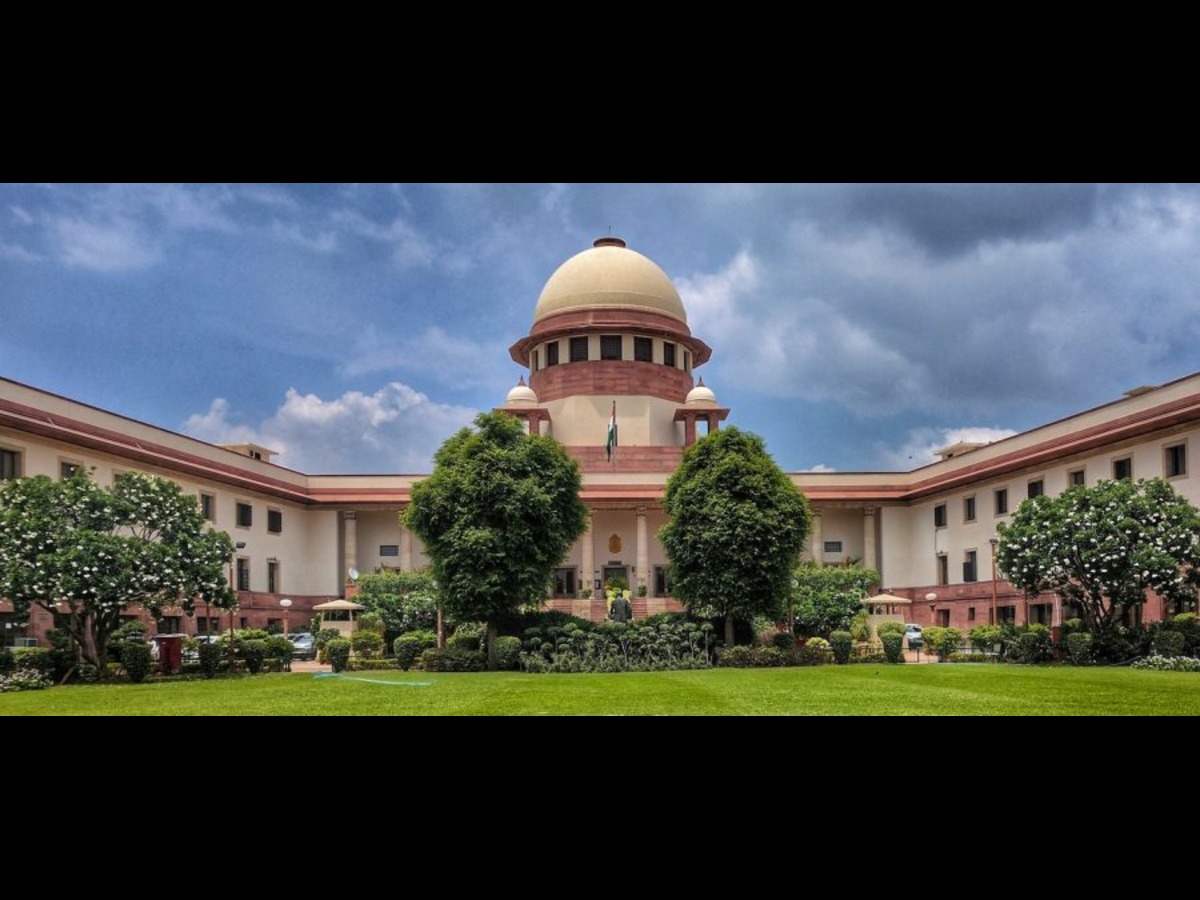SC has agreed to hear a public interest petition that raises a fundamental constitutional question: Can a convicted individual continue to head a political party?
The matter arose from a 2017 PIL filed by lawyer and BJP spokesperson Ashwini Kumar Upadhyay. The petition argues that someone who is disqualified from exercising statutory rights such as voting or contesting elections should similarly be barred from forming or leading a political party. Upadhyay’s rationale is rooted in preventing morally compromised individuals from influencing the political process, even if they are not public officeholders.
A bench comprising Justices Surya Kant and Joymalya Bagchi termed the issue an “interesting question” and signaled its significance. Justice Kant observed, “Merely because a person has been disqualified for a statutory right, you can’t deprive him of his constitutional right,” highlighting the tension between constitutional entitlements and statutory restrictions. To explore this grey area, the court posted the matter for comprehensive hearing on November 19, 2025.
During the hearing, Ashwini Upadhyay asserted that if a person is restricted even from casting a vote, it stands to reason they should also be ineligible to issue party tickets or steer political organisations. He raised concerns about a fundamental loophole: a convict could, in theory, create and control a political party from behind bars. Justice Kant underscored this point with a hypothetical scenario, asking whether age-based restrictions, say, a law barring persons over 80 from public office, would also bar them from leading a party.
This development follows earlier debates on criminalisation in politics. The Supreme Court previously sought clarity from the Election Commission on invoking Section 11 of the Representation of the People Act, which permits reducing or removing disqualification periods for convicted politicians. While Parliament sets rules for disqualification, Upadhyay’s plea urges judicial consideration of deeper democratic integrity concerns.
Also Read: Asia’s Premier College Fest, Malhar 2025, Launches With Star-Studded Kickoff Event







